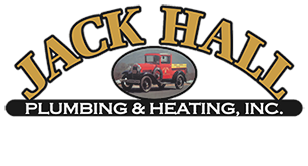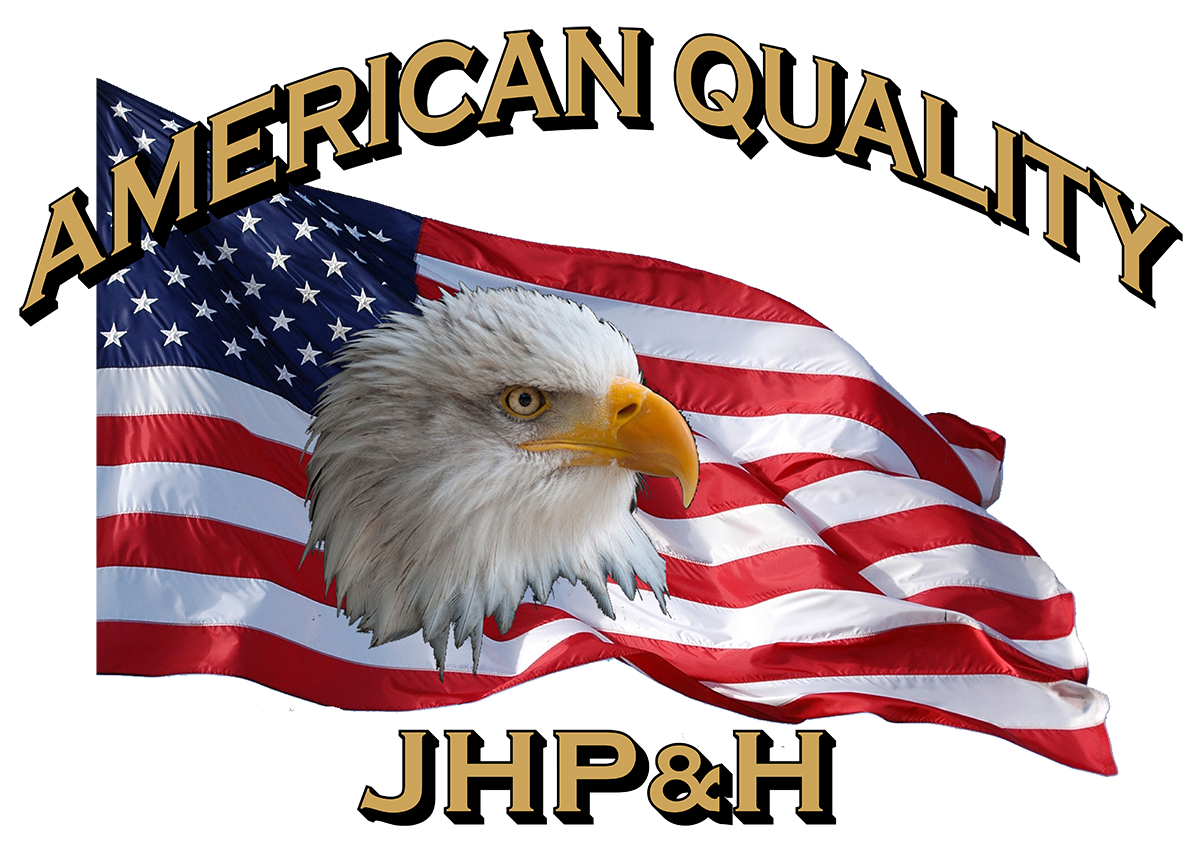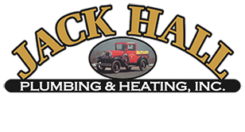Indoor Air Quality Terms & Definitions
The quality of the air inside your home is important because we spend a significant amount of time indoors, and poor indoor air quality can have a direct impact on our health and well-being. Several factors influence and contribute to indoor air quality, including temperature and humidity, ventilation, and indoor pollutants, such as tobacco smoke, gasses, mold, mildew, dust, and other allergens.
To help homeowners better understand indoor air quality and the many terms and acronyms associated with it, the IAQ experts at Jack Hall Plumbing & Heating have put together this helpful glossary of terms.
Indoor Ait Quality Glossary of Terms
IAQ (Indoor Air Quality) – The quality of the air inside your home, including factors such as temperature, humidity, ventilation and the presence of pollutants.
Air Quality Monitoring – The process of measuring temperature, humidity and the presence and concentration of pollutants in the air inside a home or building.
IAQ Sensor – A device that detects temperature, humidity and the concentration of pollutants, such as particulate matter, volatile organic compounds, carbon monoxide, and other gases, in real time.
Indoor Air Quality Assessment – The process of evaluating the air within a home or building to identify potential health risks, and developing solutions for improved IAQ.
HVAC (Heating, Ventilation and Air Conditioning) – The system that regulates indoor air quality, temperature, humidity and ventilation inside a home or building.
Duct Sealing – The process of sealing air leaks in the HVAC ductwork to prevent the entry of dust, dirt and other pollutants, to improve indoor air quality and increase energy savings.
Ventilation – The process of bringing fresh air into a home or building and removing stale air.
ACH (Air Changes Per Hour) – A crucial method for assessing ventilation effectiveness, it measures the number of times in an hour that the air in a room or defined space is completely removed and replaced with fresh air.
RH (Relative Humidity) – Typically represented as a percentage, it measures the amount of moisture present in the air. Ideal indoor humidity levels for IAQ are typically between 40-60%.
Air Filtration – The process of removing pollutants and contaminants from the air, using filters to trap or remove particles, gases and other substances, to improve indoor air quality.
SBS (Sick Building Syndrome) – A condition in which building occupants experience adverse health effects that are linked to spending time in a specific building.
Allergens – Substances that can trigger allergic reactions and respiratory symptoms. Common allergens include dust mites, pet dander, pollen, tobacco smoke, mold and mildew.
Biological Contaminants – Bacteria, viruses and other allergens introduced into the air by humans, pets and other living organisms, which can trigger allergic reactions and other health issues.
Mold & Mildew – Forms of fungi that thrive in damp environments, which can indicate moisture problems and potentially cause allergic reactions, respiratory problems and other health issues.
PM (Particulate Matter) – Airborne particles from biological contaminants, as well as activities such as cooking, cleaning, burning candles or using fireplaces. Classified by size, with PM10 (inhalable particles) and PM2.5 (fine particles) being of concern.
CO (Carbon Monoxide) – A colorless, odorless and tasteless gas that can come from malfunctioning or poorly vented furnaces, gas stoves, fireplaces and water heaters, as well as tobacco smoke and vehicle exhaust from attached garages.
Radon – A naturally occurring colorless, odorless and tasteless radioactive gas that can enter buildings from the ground through cracks and openings in the foundation, and cause damage to lung tissue.
VOCs (Volatile Organic Compounds) – Organic chemicals found in a variety of products, including paints, varnishes, cleaning supplies, air fresheners, building materials, furniture, and even electronics, that release gases into the air.
Indoor Air Quality Services in Lake George, Queensbury & Saratoga
Jack Hall Plumbing & Heating offers a variety of indoor air quality services to help improve your IAQ. Whether it’s performing regular HVAC maintenance to keep your air fresh or sealing your ducts to help eliminate pollutants before they circulate throughout your home, we’ve got you covered.
Call (518) 792-7114 for indoor air quality services in South Glens Falls, Queensbury, Ballston Spa, Lake Luzerne and the surrounding area.


